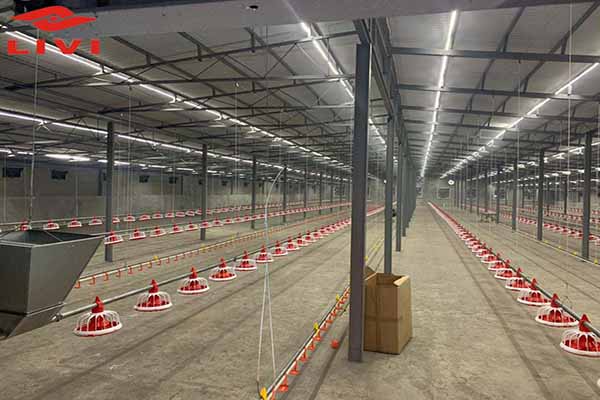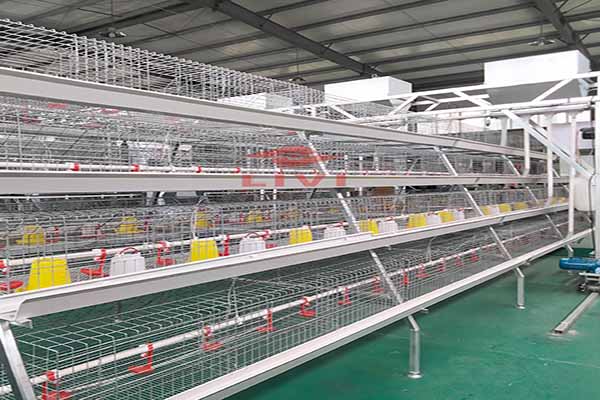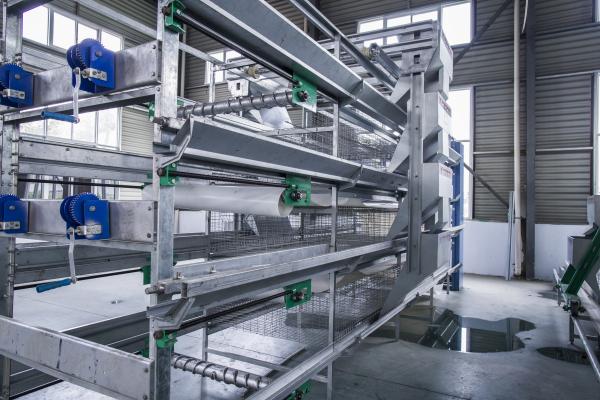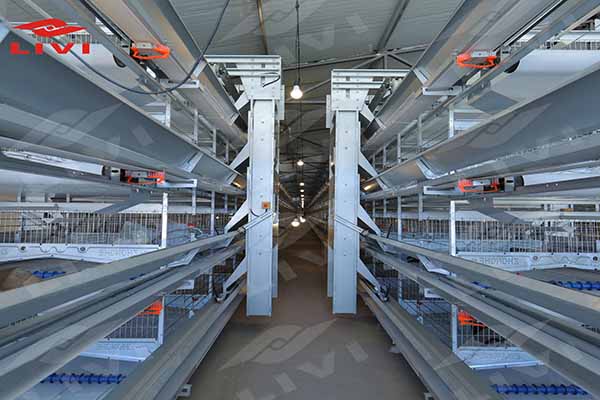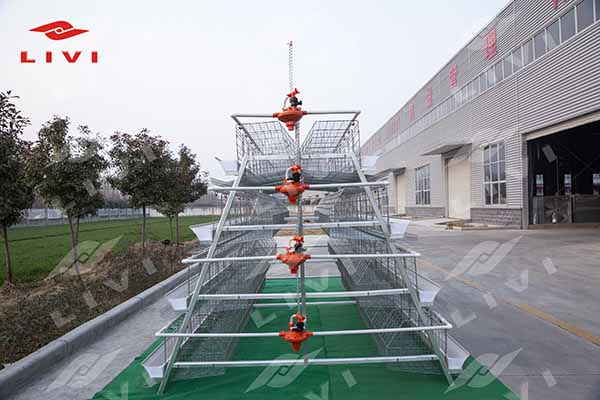Incubating eggs requires careful attention to several critical factors to ensure successful hatching. Here are key things to avoid when incubating eggs:
Incorrect Temperature
Too High or Too Low: Maintaining a consistent temperature is crucial. Too high or too low temperatures can be fatal to the developing embryos. The optimal temperature for most bird eggs is around 99.5°F (37.5°C).
Fluctuations: Avoid frequent or significant temperature changes. Use a reliable incubator with a stable heat source.
Improper Humidity
Too High or Too Low: Both can negatively impact embryo development. The correct humidity level varies depending on the stage of incubation but typically ranges from 40-50% during the first 18 days and increases to 65-75% during the last few days before hatching.
Not Monitoring: Regularly check and adjust the humidity levels as needed. Use a hygrometer to monitor accurately.
Lack of Ventilation
Poor Air Exchange: Adequate ventilation is essential to provide oxygen and remove carbon dioxide. Ensure the incubator has proper ventilation holes and that they are not blocked.
Not Turning the Eggs
Infrequent or Incorrect Turning: Eggs need to be turned several times a day to prevent the embryo from sticking to the shell membrane. Most incubators have an automatic turning feature, but if manual turning is required, mark the eggs and ensure they are turned at least 3-5 times daily.
Stopping Too Early or Late: Turning should continue until a few days before hatching (day 18 for chickens). Stopping too early or too late can cause issues.
Poor Sanitation
Unclean Incubator: Bacteria and mold can grow in a dirty incubator, harming the embryos. Clean and disinfect the incubator thoroughly before use and maintain cleanliness throughout the incubation period.
Handling Eggs with Dirty Hands: Always wash your hands before handling eggs to prevent contamination.
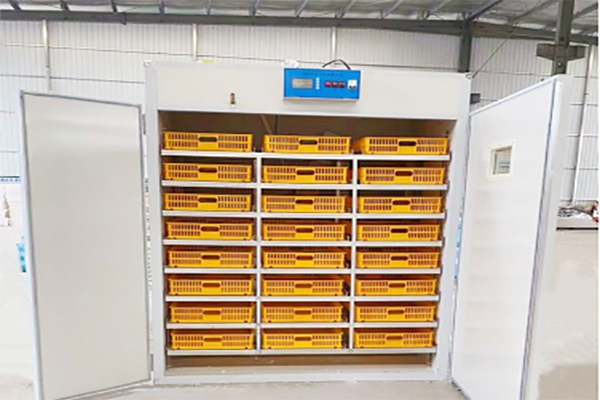
Incorrect Positioning
Pointed End Up: Eggs should be placed with the larger end up and the pointed end down to ensure proper development and positioning of the embryo for hatching.
Ignoring Candling
Not Monitoring Development: Candling eggs periodically (around days 7, 14, and 18) helps monitor embryo development and remove infertile or dead eggs. This prevents potential contamination and odor problems.
Disturbing Eggs During Hatching
Frequent Opening of Incubator: Avoid opening the incubator frequently during the last few days, especially when the chicks are hatching. This can cause humidity loss and disrupt the hatching process.
Assisting Too Early: Resist the urge to assist chicks in hatching unless absolutely necessary. Premature assistance can harm the chick and reduce its chances of survival.
By avoiding these common mistakes, you can increase the likelihood of a successful hatch and healthy chicks.
Livi Machinery is a professional chicken equipment manufacturer. We provide you with all the equipment you need to raise chickens, including incubators.
If you want to learn more about egg hatching, please visit our website.
Or leave us a message in the comment form below.






